MONEY
RBI puts out framework for digital lending apps to curb rising frauds
- IBJ Bureau
- Aug 11, 2022

The Reserve Bank of India (RBI) on Wednesday released norms to regulate digital lending to crack down on growing number of frauds and unlawful activities.
All loan disbursals and repayments had to be executed only between bank accounts of borrowers and regulated entities without any pass-through or pool account of the lending service provider (LSP) or any third party, the regulator said.
Any fees or charges payable to LSPs in the credit intermediation process should be paid directly by the regulated entity and not by the borrower.
The RBI had in January 2021 set up a working group to study issues regarding digital lending and suggest regulations.
In November, the working group had proposed stricter norms for digital lenders, including subjecting the digital lending apps to a verification process by a nodal agency to be set up in consultation with stakeholders. It had also suggested a self-regulatory organisation covering the participants in the digital lending ecosystem.
While the RBI had accepted a few of the regulations, some, accepted in principle, required further examination, the RBI said in the release on Wednesday.
Some recommendations required wider engagement with the government and other stakeholders in view of the technical complexities, setting up of institutional mechanisms and legislative interventions, said the regulator.
Digital lenders are classified into three categories. The first are those entities regulated by the RBI and permitted to carry out lending business. Second are those entities authorised to carry out lending according to other statutory or regulatory provisions but not regulated by the RBI. The third category includes those entities lending outside the purview of any statutory or regulatory provisions.
A standardised Key Fact Statement (KFS) must be provided to the borrower before executing any loan contract, the RBI said.
Entities will also have to disclose the all-inclusive cost of digital loans in the form of an annual percentage rate (APR), which will be a part of the KFS.
Any automatic increase in the credit limit without the explicit consent of borrower was prohibited, the regulator said. A cooling-off or look-up period during which borrowers can exit digital loans by paying the principal and the proportionate APR without any penalty shall be provided as a part of the contract.
To address consumer complaints, regulated entities shall ensure that they and the LSPs engaged by them have a suitable nodal grievance redressal officer.

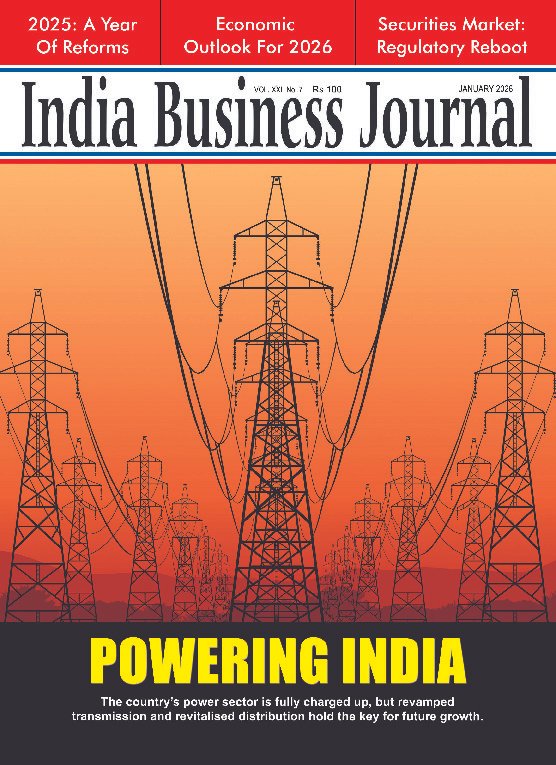

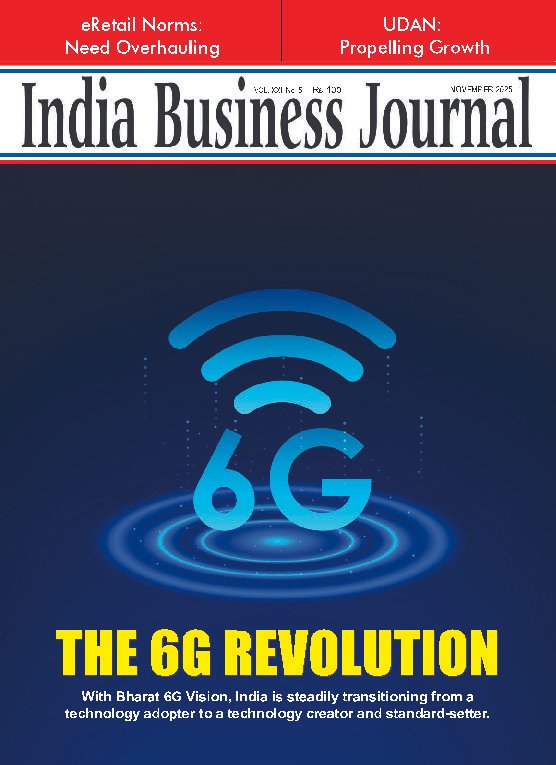
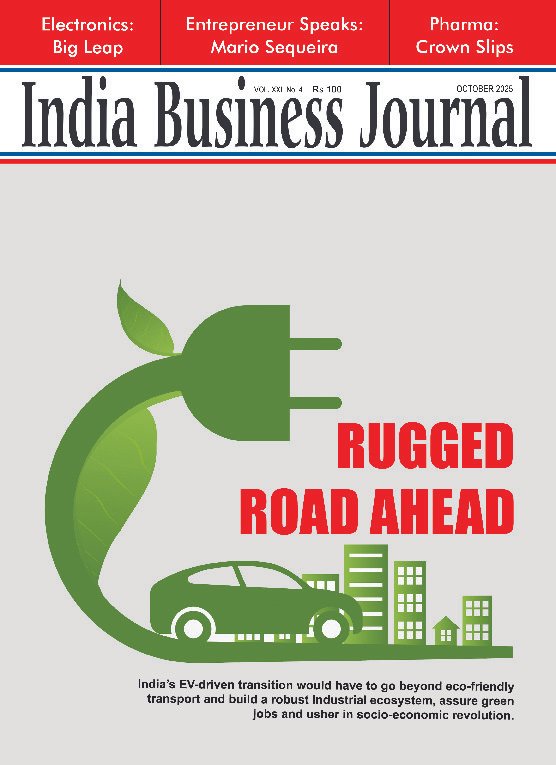






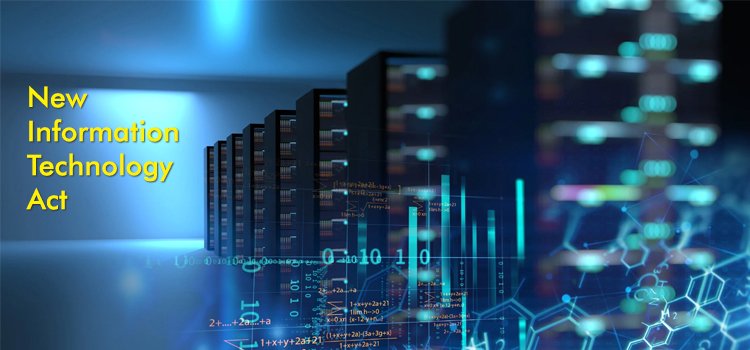
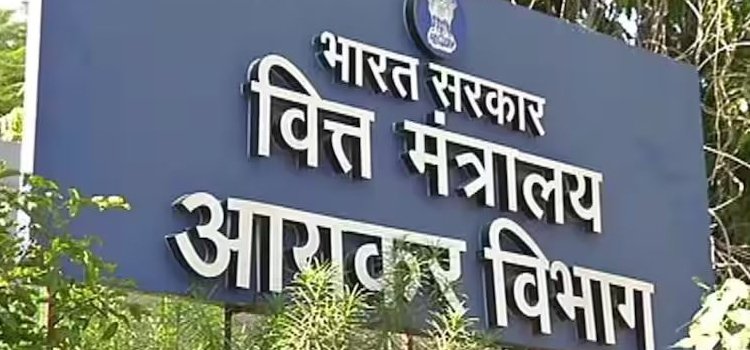








Report By
View Reporter News